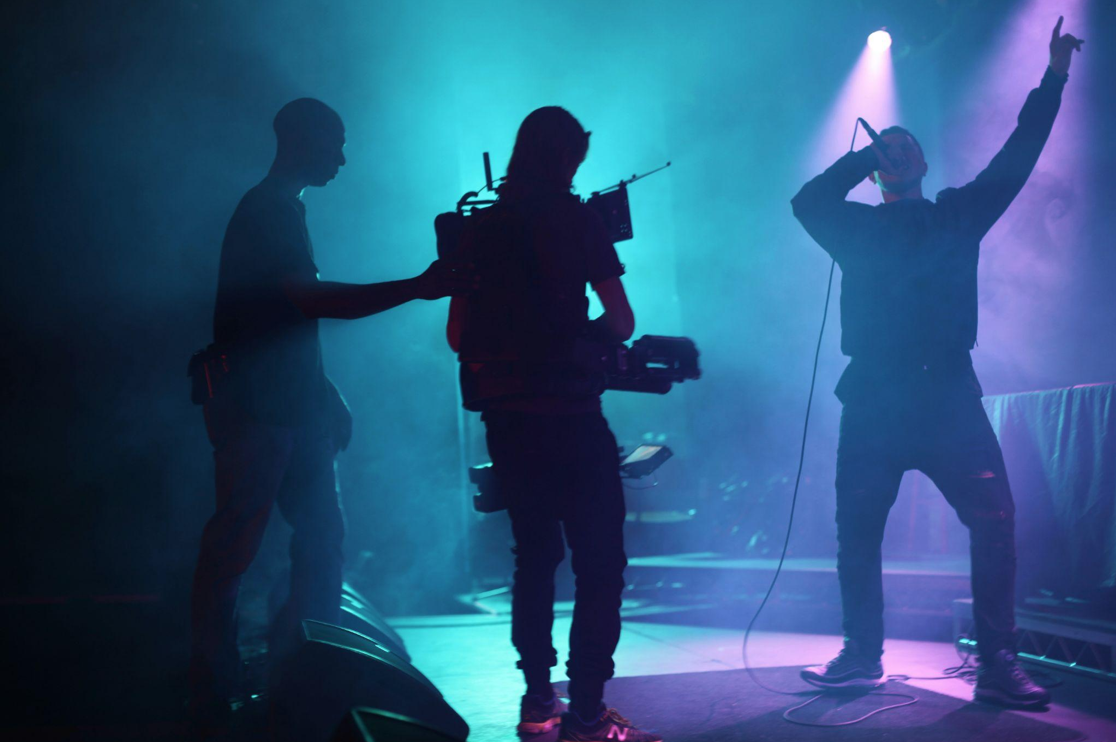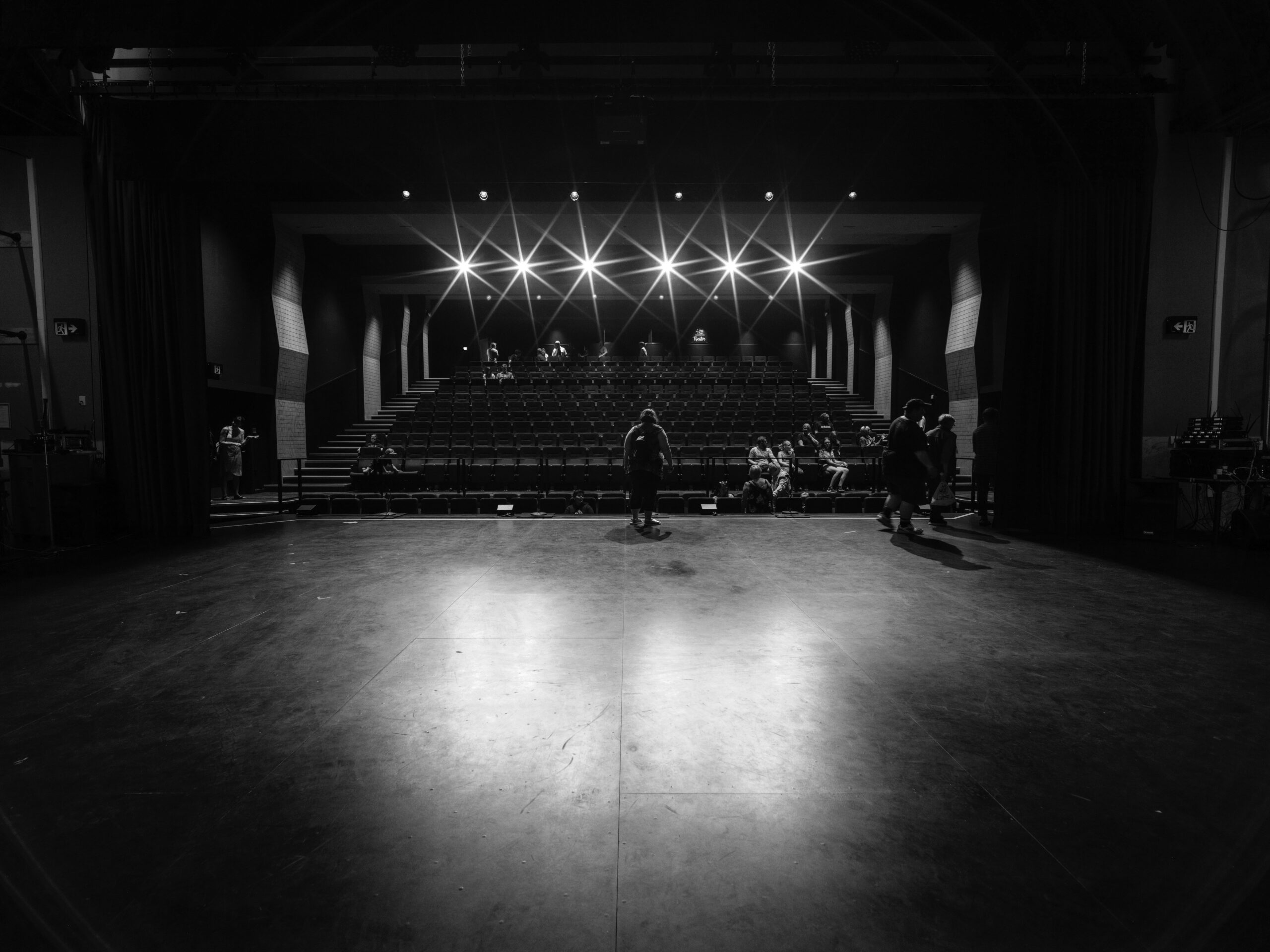
On August 27, a 12-year-old boy in Colorado flashed a toy gun, emblazoned with the words “Zombie Hunter,” across the screen during his virtual art class.1 The school’s vice principal later called the boy’s mother to inform her that a police officer was on the way to her house.2 The boy was suspended from school for a week, and now has a record with the El Paso County Sherriff’s Office and a mark on his school paperwork saying that he brought a “facsimile of a firearm to school.”3 The boy’s mother, in an interview with The Washington Post, noted that the school had been recording the students in class without parental consent, although the school claimed the recording function was only used for the first week of classes.4 Further privacy concerns have arisen from such incidents as an 11-year-old at a different Colorado school was suspended for four days over handling an Airsoft gun during a Zoom session,5 as well as a multitude of incidents involving outsiders interrupting classes by doing such things as shouting the teacher’s home address or exposing themselves to the students in the class.6
Most public school students in the United States are now expected to attend school virtually at least some of the time. School staff are still mandatory reporters in most, if not all, states, and parents of students who are not attending school virtually can be reported for neglect.7 With students expected to be in the virtual classroom, almost certainly learning from their own home, can they really still be considered to be “in the classroom?” Do recordings that may show backgrounds within student homes violate privacy laws?
A large issue involves where school ends and the home begins. When can a student actually be considered on-campus? This issue has mostly occurred in the context of speech cases when students around the country are punished for speech, as students can be subject to discipline for on-campus speech. Various state courts have defined “on-campus” and “on-campus speech” in different ways. At one end, the Pennsylvania Supreme Court found that “where speech that is aimed at a specific school and/or its personnel is brought onto the school campus or accessed at school by its originator,”8 it can be considered on-campus speech. On the other, in Georgia, “on campus” can be defined strictly by statute as “the grounds and buildings owned by the college and any public or private property within 500 yards thereof.”9 As virtual school is a recent phenomenon even outside of the COVID-19 pandemic, there is not much legal clarity as to when a student is considered at school. Even then, there surely is a distinguishable line — even if not clearly defined — between students being on-campus and online.10 It would seem highly likely that students sitting in their own home can broadly be defined as not being “on-campus”; and if the students are not on-campus, they are within the private confines of their own home. This becomes problematic for many of the current contentions and legal positions of school districts for student privacy, especially with many American public school students currently working online. The problem is posed largely because students did not originally agree to an online version of school, distinguishing them from students whose parents initially agreed to send them to an online school; especially when many schools initially used Zoom, a product that did not provide end-to-end encryption to many users until July.11
One Colorado news organization reached out to some local school districts in response to the toy gun suspension story and received legal defenses for various school recording policies.12 Responses included:
“[District #1] treats class recordings as directory information . . . no parent/guardian signature is required as the recordings are used for educational purposes and access is limited.”13 (Note: under the Family Educational Rights and Privacy Act (FERPA), directory information is defined as “the student’s name, address, telephone listing, date and place of birth, major field of study, participation in officially recognized activities and sports, weight and height of members of athletic teams, dates of attendance, degrees and awards received, and the most recent previous educational agency or institution attended by the student.”14)
“[District #2] doesn’t have policy that prohibits a teacher from recording. It is therefore permissible for the teacher to record a class while delivering online instruction.”15
“[T]he video conference app only allows the teacher to see all the students in the class. Students are only able to see the teacher. It has eliminated a lot of issues we had from the spring semester when many teachers were using zoom.”16
Most concerning of all, an entire response from a school district consisted of “Teachers and/or students are not allowed to record google meetings.”17 None of these responses get at the core issue. While it may not necessarily be occurring all of the time, there are certainly instances where students were recorded within their own homes, and recordings may also have included members of the family home such as siblings or parents who would have had no way to consent to being recorded. Due to the mid-semester switch to fully online classes, it is unlikely that districts got consent from all of the students involved to record, let alone all potentially recorded persons. The first district points to Department of Education guidance on virtual teaching and FERPA18 that ostensibly allows a recording of the lesson to be made available to students (assuming no personal information from student records is disclosed without written consent). It is all well and good that recordings of the lesson may be made available, but products such as Zoom show the speaker on webcam in the background during the lesson and on the recording of the lesson. This means that a right to privacy for both students and others in the family home that is violated, recorded or not, could have an impact even within the bounds of FERPA.
In the United States, there is a right to privacy. The main potential privacy tort that is likely available if the right to privacy for students and/or their family members is being violated by the current scheme is intrusion upon seclusion or solitude, or into private affairs.
As “[e]vents transpiring in the home are rebuttably presumed private,”19 there may well be a strong case for families that the classroom viewing, even if just by teachers, inside of family homes should be considered a violation of privacy. This would be especially concerning for events occurring from March until the end of last semester’s school year, and even for this semester, if some details families did not want to come to light were revealed through the camera. This could include matters such as condition of the home, events occurring in the background, and any number of things for both students and their families for which they could be judged by their peers on.20 This could be fleshed out even further depending on family circumstance. Approximately 16 million K-12 public students have inadequate internet connection or lack of access to distance learning, as shown last month by a viral internet picture depicting two California schoolgirls attending virtual school in a Taco Bell parking lot, utilizing the restaurant’s free Wi-Fi.21 While there is not necessarily an expectation of privacy in public areas such as a Taco Bell, there are potential violations of privacy depending on a given student’s living area and webcam setup. Anyone from the neighbors and their family, mail and delivery workers, nannies, and a myriad of assorted people who work around family homes could potentially be captured on camera with their privacy rights violated.
Students and their families also do not have much choice in the matter of online school at the moment. Many public schools have classes online all or some of the time now, and now that school districts are more consciously aware of legal liabilities, many have begun distributing waivers involving such matters to students.22 Considering the lack of other options — charter and private schools are available to some, not all, and the demand for such schools exceeds the supply in many places23 — families who wish to continue schooling their children may have no other option but to sign a given waiver, whether they understand the language contained within or not.
While waivers by school districts may be a temporary solution for the district’s side, it is unclear whether they would hold up in courts of law; if not, it is quite possible that there are ongoing privacy violations to this day, along with those that occurred during the transition to online learning. There are likely even violations of the FERPA guidelines given by the Department of Education that have occurred with violations of basic student information privacy.24 Courts may be wont to forgive some of these due to the hardship on school districts of switching the basis of learning mid-semester, but given the interest in the right to privacy and the families forced to switch to an unfamiliar policy, it is unclear how much leeway can be given to school districts for a violation of the basic right to privacy.
With the waivers now in place at many schools, it is clear that on at least some level, school districts know that there is a given possibility that the current policies violate the right to privacy for students, parents, siblings, and anyone who may live in a family home, and had also violated them from the transition to virtual schooling in March until the end of the 2019-20 school year. Schools have continued the imposition of what should be rules reserved for in-school only onto the family home — just this past week, a 9-year-old in Louisiana was threatened with expulsion for having a BB gun in his room during class.25 It is unclear how this case, the similar aforementioned Colorado case, or any other case involving school disciplinary action through a camera, would pan out should the families sue their school districts. At minimum, they very well should be able to argue that what has been the policy of many public school districts since March are ongoing intrusions upon seclusion into the family home.
Jonathan Shkedy is a Second Year Law Student at the Benjamin N. Cardozo School of Law and a Staff Editor at the Cardozo Arts & Entertainment Law Journal. Jonathan is interested in the intersection of technology, privacy, and business.
- Jaclyn Peiser, A Black seventh-grader played with a toy gun during a virtual class. His school called the police., Washington Post (Sept. 8, 2020), https://www.washingtonpost.com/nation/2020/09/08/black-student-suspended-police-toy-gun/.
- Id.
- Id.
- Id.
- Lori Jane Gliha, 11-year-old suspended for handling Airsoft gun during online school session, KRON4 (Sept. 4, 2020, 12:23 PM), https://www.kron4.com/news/national/11-year-old-suspended-for-handling-airsoft-gun-during-online-school-session/.
- Kate Finman, Berkeley school district temporarily suspends use of video conferencing after man ‘Zoom bombs’ class meeting, The Daily Californian (Apr. 8, 2020), https://www.dailycal.org/2020/04/08/berkeley-school-district-suspends-teleconferenced-classes-after-man-zoom-bombs-instruction/; Press Release, FBI Boston, FBI Warns of Teleconferencing and Online Classroom Hijacking During COVID-19 Pandemic (Mar. 30, 2020), https://www.fbi.gov/contact-us/field-offices/boston/news/press-releases/fbi-warns-of-teleconferencing-and-online-classroom-hijacking-during-covid-19-pandemic.
- See, e.g., Yvonne Abraham, Your child’s a no-show at virtual school? You may get a call from the state’s foster care agency, The Boston Globe (Aug. 15, 2020, 4:07 PM), https://www.bostonglobe.com/2020/08/15/metro/your-childs-no-show-virtual-school-you-may-get-call-states-foster-care-agency/.
- J.S. v. Bethlehem Area Sch. Dist., 807 A.2d 847, 865 (Pa. 2002).
- Worthy v. State, 704 S.E.2d 808, 815 (Ga. Ct. App. 2010).
- See Learning Tech. Partners v. Univ. of the Incarnate Word, No. 14-cv-4322-PJH, 2015 WL 6602019, at *25 (N.D. Cal. Oct. 30, 2015) (discussing drawing a line between “the services used for on-campus (i.e., non-online) courses, and those used for online courses”).
- Kari Paul, Zoom will provide end-to-end encryption to all users after privacy backlash, The Guardian (Jun. 17, 2020, 5:05 PM), https://www.theguardian.com/technology/2020/jun/17/zoom-encryption-free-calls.
- Colette Bordelon, Body-worn camera footage released following backlash over student suspension due to toy gun in virtual class, KOAA (Sept. 10, 2020, 11:59 PM), https://www.koaa.com/news/covering-colorado/body-worn-camera-footage-of-student-suspended-over-toy-gun-in-virtual-class-released.
- Id.
- 20 U.S.C. § 1232g (1974).
- Bordelon, supra note 12.
- Id.
- Id.
- Department of Education, FERPA & Virtual Learning During Covid-19 23 (2020).
- 5 Computer Law § 41.02 (2020).
- See Susan Perry, Why Americans are harsh in judging purchases made by low-income people, MinnPost (June 30, 2020), https://www.minnpost.com/second-opinion/2020/06/why-americans-are-harsh-in-judging-purchases-made-by-low-income-people/ (noting that, for instance, people perceived as poor receive generally less favorable judgment by their peers in a wide range of areas).
- Alisha Ebrahimji, School sends California family a hotspot after students went to Taco Bell to use their free WiFi, CNN (Aug. 31, 2020), https://www.cnn.com/2020/08/31/us/taco-bell-california-students-wifi-trnd/index.html.
- See San Diego Unified School District, Telehealth and Teleservices Consent Form (2020) (notably containing the language “I understand that within a teleservices model other adults and minors may be in the household. . . It is essential that families also respects [sic] the privacy rights of all other students by limiting access to sessions and do not disseminate information to others outside of session attendees.” Additionally, this form also mentions that “results cannot be guaranteed or assured” including for special needs students with IEPs, which would seem to be a potential violation of recent Supreme Court doctrine. Endrew F. v. Douglas Cnty. Sch. Dist. RE-1, 137 S. Ct. 988, 992 (2017) (“[a] child’s educational program must be appropriately ambitious in light of his circumstances”)).
- Derek Staahl, Charter schools that offer homeschool forced to waitlist thousands of families, 10News (July 21, 2020, 5:13 PM), https://www.10news.com/news/local-news/charter-schools-that-offer-homeschool-forced-to-waitlist-thousands-of-families.
- Department of Education, supra note 18.
- Robby Soave, Louisiana School Threatens 9-Year-Old Boy with Expulsion for Having BB Gun During Virtual Class, Reason (Sept. 25, 2020), https://reason.com/2020/09/25/lousiana-bb-gun-expulsion-ka-mauri-harrison/.



